In my last post, I made it clear that I don’t have a home in the Democrat party. The extremism that dominates that party makes it an unwelcome place for those, like me, who believe abortion is wrong, that same-sex marriage is unacceptable, and that big-government socialism is not the proper path to follow for policy. All of those positions are anathema to me because of my basic Christian presuppositions.
So my obvious political home should be the Republican party, right? After all, that’s where most evangelicals are comfortable now. I used to be comfortable there, but that’s no longer the case, even though, in my heart, I would like to be. I used to speak to Republican clubs all over my county, but often, in my talk, I would lay out my priorities: I’m a Christian first, a conservative constitutionalist second, and a Republican as long as that party doesn’t deviate from the first two. The 2016 election forced me to follow through on what I publicly proclaimed concerning my priorities.
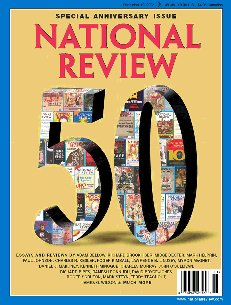
My education in political conservatism began in the 1970s, and the chief source of that education was from the pages of National Review, the conservative magazine founded by William F. Buckley. The combination of devotion to principle and good humor in each issue helped formulate what I came to believe. It also was consistent with my Christian faith, as it rested on profound respect for the Judeo-Christian cornerstone of Western Civilization.
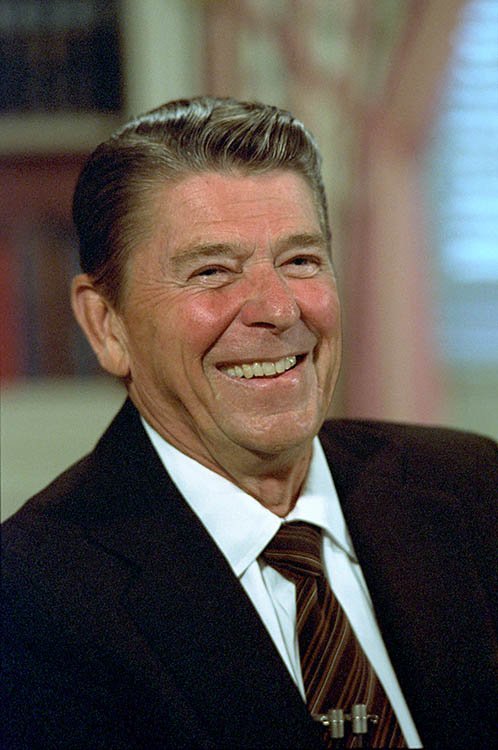
The 1980s were the Reagan years, and I was fully on board with his vision for America and how he wanted to carry it out. I followed his presidency closely; the only qualms I had were his overtures to Gorbachev, as some conservatives were afraid he was selling out. Hindsight helps a lot here; as I now look back on the Reagan era, I realize he was no sellout, and that he knew what he was doing. It’s hard to argue with the fall of the Berlin Wall and the collapse of the Soviet Union shortly after he left office. He set the stage for both.
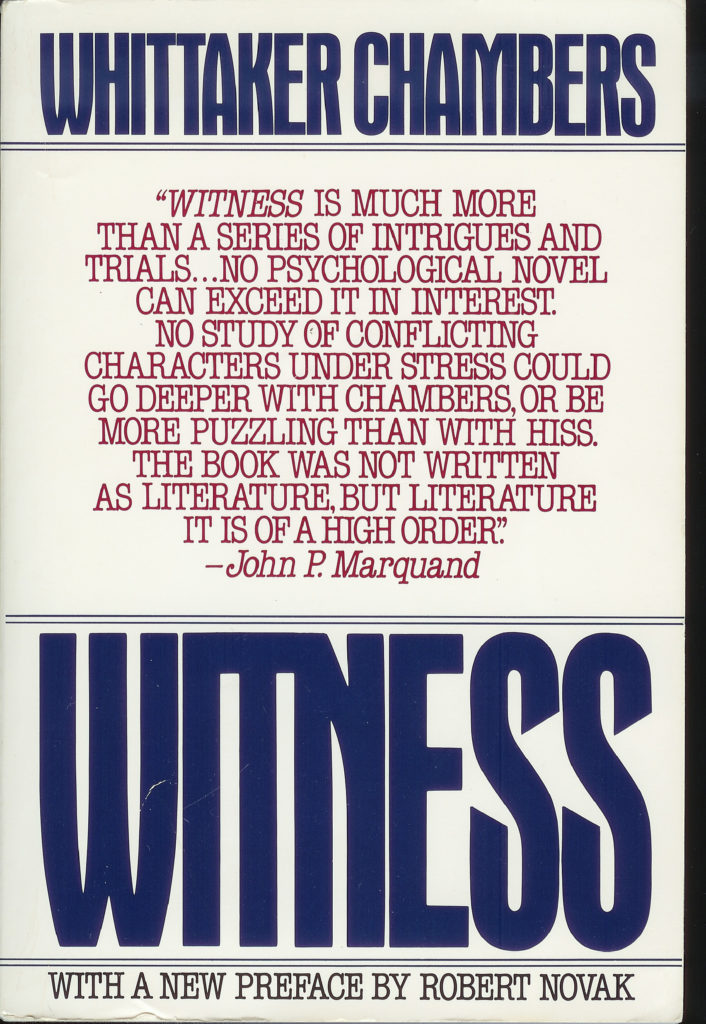
It was in the mid-1980s that I first picked up Whittaker Chambers’s classic autobiography, Witness. I knew Chambers had been a communist at one time, had left that ideology behind, and had given to Congress his “witness” about the communist underground movement that sought to undermine American government and policy. I had learned about Chambers via National Review, where he had once been a senior editor back in the late 1950s. So I expected to learn a lot from the book, but I was not prepared for the depth of his thinking and the wonder of his writing ability. It has remained at the top of my list as one of the most impactful books of the twentieth century.
My dedication to a Christian conservative constitutional order finds its way into my teaching. One of the courses I offer is called “Ronald Reagan and Modern American Conservatism,” in which I attempt to educate history and political science majors about the roots of a principled conservatism. Another course is “The Witness of Whittaker Chambers,” where we discuss his autobiographical insights and also learn about the history of terror and failure of the socialist/communist vision.
So if anyone wants to challenge my credentials as a Christian conservative constitutionalist, you may try, but you will fall short. That brings us to 2016.
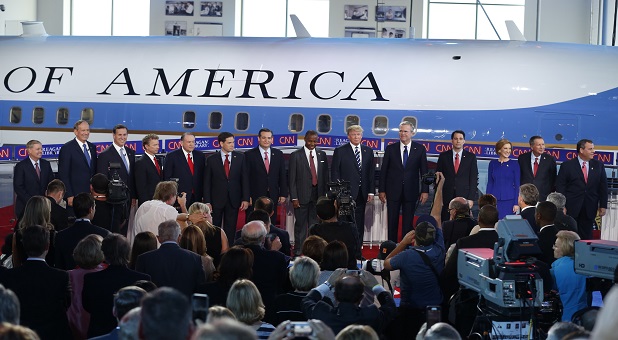
Every time there was a debate for those seeking the Republican nomination for president, as I looked across the stage at the possibilities, the very last person I thought was acceptable was Donald Trump. At first, a lot of Republicans seemed to agree with me—they were as convinced as I was that this was some kind of joke.
The more I learned about him, the more distressed I became that he would even be considered as a serious candidate. He was grossly immoral sexually; he had run casinos into bankruptcy; he had started and then folded numerous “businesses” because they didn’t succeed; he had this con game known as Trump University that promised the world and delivered virtually nothing. Then as I watched him in the debates, my concerns became even greater. He was not a principled conservative; he understood nothing about the Constitution (he still is ignorant of it); he was a bully who insulted everyone he thought might be a threat to his ascendancy to power; he even, with a wink and a nod, enlisted his good friend, the publisher of the rag known as the National Enquirer to run a blatantly false story about Ted Cruz as a serial adulterer—as if such a thing would ever bother Trump, since that was his lifestyle.
Sadly, in my view, Republican primary voters didn’t look any further than his bellicosity and decided that was what was needed to retaliate against the extremism of the Obama years. When a number of conservative commentators that I admired also succumbed to the Trump Train, I was astonished.
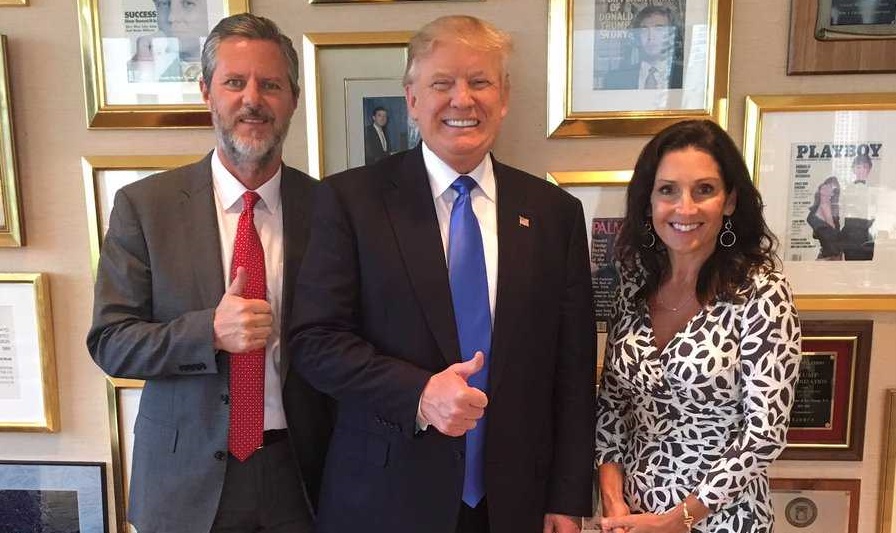
The saddest spectacle of all, though, was the mad rush by evangelicals to support Trump. This infamous photo above shows Jerry Falwell Jr., president of the largest Christian university in America, giving a thumbs up to Trump in Trump’s office—with a Playboy magazine cover highlighting Trump and prominently displayed just to the right of Falwell’s wife.
I also thought that Trump’s taped comments about how he treats women and the fact that his “fixer,” Michael Cohen, had to pay hush fund money to a porn star would bother Christians, especially women. I was doubly disappointed that those revelations didn’t diminish support for him.
Of course, this always comes back to “well, did you want Hillary to win?” Not on your life. But I did want someone who had at least some smidgen of character. I fear that Trump’s tenure as president will severely damage constitutional conservatism; it may never recover. Even more important to me is the potential damage that will be done to the Christian witness by tying ourselves too closely to this man. For those who respond that we can be a witness to him, I agree in the general sense, but who seems to spend the most time with him as a so-called spiritual adviser but Paula White, the prosperity-gospel preacher with her own checkered background.
Many evangelicals said that they would hold Trump accountable throughout his presidency. What I see instead is unprecedented spiritual blindness and excuse-making, no matter what he does.
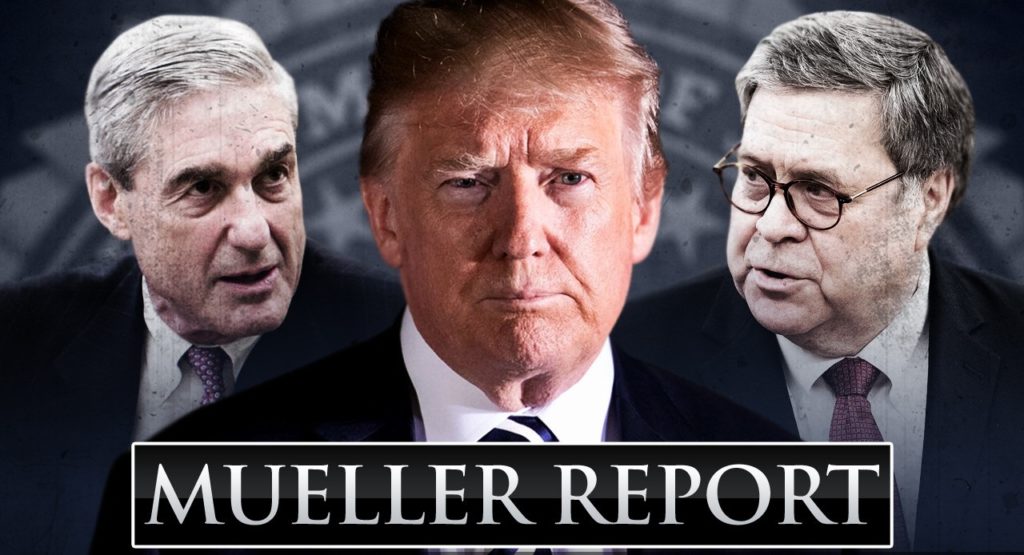
Now there’s the Mueller Report. I’ve read the key portions. In my view, there is ample justification for charges of obstruction of justice. I won’t go into the details at this time, but if Nixon had to resign over what he did, Trump’s actions were no less obstructive than his. More than 800 former federal prosecutors, both Republicans and Democrats, have signed a statement declaring that anyone else who had done what Trump did would be in prison.
Further, he has refused to cooperate with the Congress, claiming executive privilege over other documents they want. That’s the same claim Nixon made.
Yes, I know the Democrats in the House are doing this primarily for political reasons. I’m always amused by their infrequent but heated appeals to the Constitution, the document they normally disregard. But this is not a government run solely by the executive branch; Congress does have oversight responsibilities; the president can’t operate outside the law and the Constitution.
And what do I hear from Republicans in Congress? The erstwhile defenders of the Constitution and the rule of law have taken two paths: defending Trump on all points or complete silence. They have sacrificed the rule of law on the altar of their supposed party leader.
To me, this whole drama is sickening. Character is lost. Principle is forsaken.
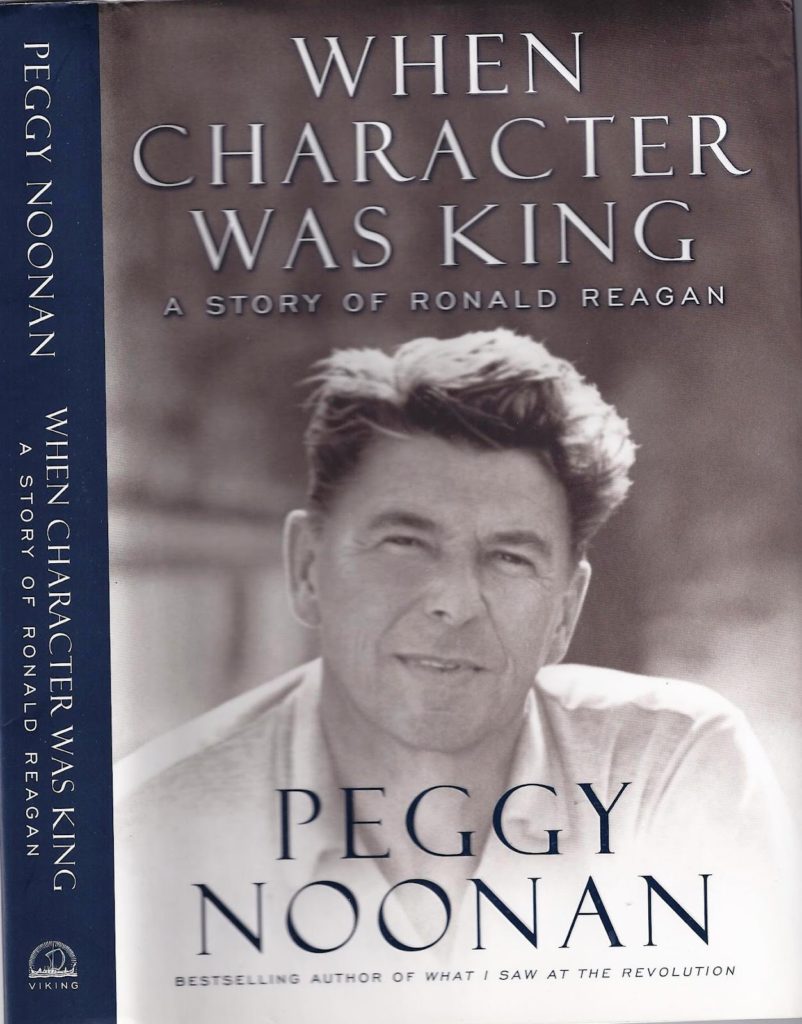
Peggy Noonan’s wonderful book, When Character Was King, is an analysis of the character of Ronald Reagan. One of the stories she tells is when Reagan, still an actor prior to his political career, showed up one evening at a hotel restaurant in the desert. Reagan told the host he had a reservation, but his name wasn’t in the book. They asked him if he could wait a few minutes. Reagan, though, “lost his temper,” “berated the man, was rude and impatient and left.” How is this a story about good character? When Noonan asked the man if he ever saw Reagan again, he responded, “Oh, sure, the next morning when he came to apologize.”
Donald Trump doesn’t apologize to anyone. There’s a world of difference between Trump and Reagan. I long for a return to principle and character in the manner that Reagan displayed. Yet I wonder if there’s any longer a hope for that.
That’s why I’m in a political wilderness. I’m still concerned about my nation and will do what I can to work for its good. I won’t vote for Democrats. Yet I am distressed over the state of the Republican party and the future of genuine conservatism.
